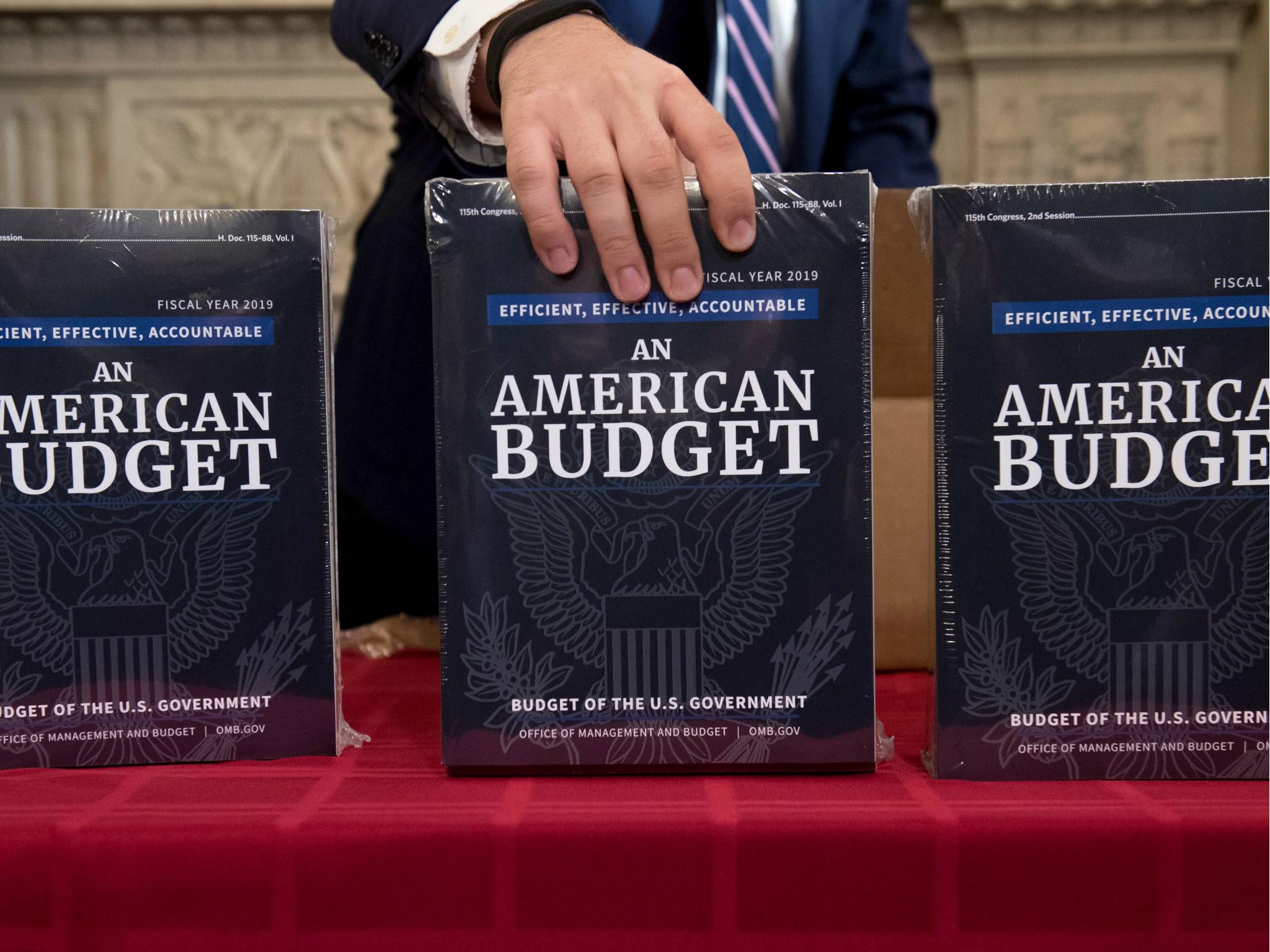Military leaders and veterans call on Donald Trump not to slash diplomacy budget
The retired generals and admirals say 'today’s crises do not have military solutions alone'

Your support helps us to tell the story
From reproductive rights to climate change to Big Tech, The Independent is on the ground when the story is developing. Whether it's investigating the financials of Elon Musk's pro-Trump PAC or producing our latest documentary, 'The A Word', which shines a light on the American women fighting for reproductive rights, we know how important it is to parse out the facts from the messaging.
At such a critical moment in US history, we need reporters on the ground. Your donation allows us to keep sending journalists to speak to both sides of the story.
The Independent is trusted by Americans across the entire political spectrum. And unlike many other quality news outlets, we choose not to lock Americans out of our reporting and analysis with paywalls. We believe quality journalism should be available to everyone, paid for by those who can afford it.
Your support makes all the difference.More than 150 retired generals and admirals have asked US President Donald Trump not to make its proposed steep cuts to diplomacy in a proposed budget that focused heavily on defence.
Joining them, more than 1,200 military veterans from all branches of the armed forces called for the same in separate open letters addressed to Congressional leadership, who ultimately have to approve Mr Trump’s proposed budget.
The administration has proposed to cut the budgets for the US State Department and foreign aid programmes by 32 per cent from last year.
The defence budget has been proposed to be $686 billion, a 13 per cent increase from 2017.
“As you and your colleagues look ahead to the federal budget for Fiscal Year 2019, the world has not grown any safer since many of us wrote a similar letter to you last year,” the general and admirals' letter began.
Generals David Petraeus, Stanley McChrystal, Wesley Clark, among others wrote that “today’s crises do not have military solutions alone.”
They made reference to the growing conflict and humanitarian crises in Yemen, Somalia, Venezuela, and Burma as well as the looming famine that could affect up to 30 million people in places where the US is also combating violent extremism.
“While we have seen military progress against Isis, the question that looms is whether we are prepared to protect those battlefield gains and prevent bad actors from stepping into the void,” added the generals in their letter.
They criticised the administration leaving so many high-level vacancies, from deputies to Ambassadors, and cutting budgets of “America’s essential civilian national security agencies” like the State Department, the US Agency for International Development (USAID), the Millennium Challenge Corporation, and Peace Corps.
The veterans wrote: “As members of the military, many of us served on the frontlines alongside America’s diplomats and development professionals. We saw firsthand how our civilian forces must continue to be part and parcel of a comprehensive national security strategy.”
The former soldiers wrote that shoring up funding for diplomacy, aid, and development programmes was crucial to “solidify” any gains earned in the fight against Isis.
The letter made note that the US should be actively working to prevent conflict so that troops are only sent into situations “as a last resort.”
Both letters used a quote from Defence Secretary James Mattis: “America has two fundamental powers, the power of intimidation…America’s awesome determination to defend herself, and the power of inspiration.”
While Mr Mattis, known as the “warrior monk,” was hailed after his confirmation last year, some experts have criticised his inability to reign in the unpredictable Commander-in-Chief wanting to cut diplomatic budgets and threats of military action in North Korea.
Secretary of State Rex Tillerson has said that there is “no better partner than a Secretary of Defence who believes in diplomacy,” someone he has in Mr Mattis.
According to a recent study, Mr Tillerson’s agency has also seen 12 per cent of experienced foreign service officers and six per cent of the career civil service force quit.
This coupled with his “restructuring” of offices within the State Department has prompted many Washington insiders to question agency morale.
Join our commenting forum
Join thought-provoking conversations, follow other Independent readers and see their replies
Comments